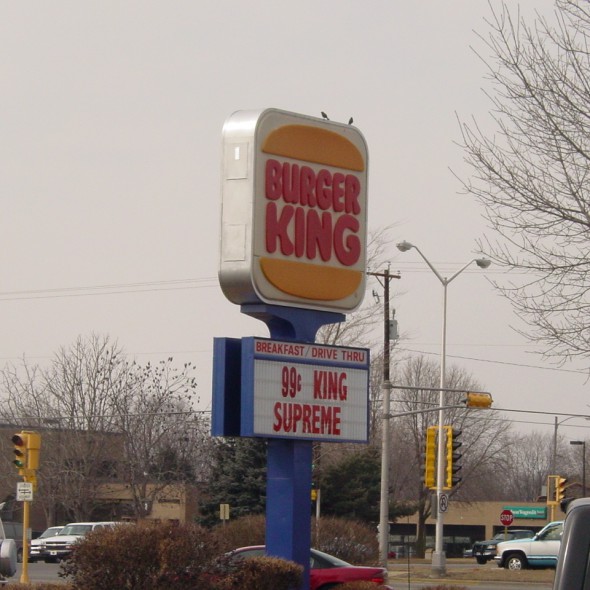Wisconsin Lags Behind on Minimum Wage
29 states, including those with GOP majorities, have increased minimum beyond $7.25 federal standard.
As the calendar turns to 2016 this Friday, the minimum wage will increase in 14 states and a number of cities, and two other states have enacted increases that take effect later in the year. Unfortunately, Wisconsin isn’t one of them. In fact, Wisconsin is one of the 21 states where the minimum wage is just $7.25 per hour and has been stuck at that amount since the last increase in the federal minimum, which was almost seven years ago.
Here are some examples of the 16 state minimum wage increases that take effect in 2016. (These figures are for the general minimum wage, which in many states does not apply to tipped employees.)
- Arkansas – The minimum wage will be $8.00 an hour in 2016 and $8.50 in 2017, compared to $7.50 in 2015.
- California and Massachusetts – $10.00 an hour (vs. $9.00 now)
- Connecticut, Rhode Island and Vermont – $9.60 an hour (from $9.00 or $9.15 now)
- Maryland – $8.75 an hour (from $8.00 in 2015, and increasing to $10.10 in 2018)
- Michigan – $8.50 an hour (from $8.15)
- Minnesota – $9.50 an hour (from $9.00)
- Nebraska – $9.00 an hour (compared to $8.00 in 2015)
The other states with minimum wage increases taking effect in 2016 are Alaska, Colorado, Hawaii, New York, South Dakota and West Virginia. (In two of those states the increase is a small cost of living adjustment resulting from a formula – in contrast to the larger increases noted above.)
Some people think that the minimum wage only affects teenagers and young childless adults, but there is lots of evidence to the contrary. For example, Department of Health Services data illustrate that many parents working in the fast food industry are below the poverty level and enrolled in BadgerCare. As I reported in a previous blog post, an incomplete online database shows that during the second quarter of 2015 there were more than 8,600 BadgerCare participants in about 3,900 households with someone working for one of the 8 major fast food chains or two other restaurant chains. Increasing the minimum wage would not only help those families, but would also help state taxpayers by decreasing dependency on BadgerCare and other public benefits.
The seven-year freeze in Wisconsin’s minimum wage has contributed to the widening income inequality in our state, and low wages impede the ability of Wisconsinites to climb out of poverty and into the middle class. As we reported earlier this year, an analysis by Pew Charitable Trusts found that Wisconsin had a faster decline than any other state in the percentage of households in the middle class during the period 2000 to 2013.
A recent column by UW Madison professor Joel Rogers discusses that decline and recommends increasing the minimum wage as one of several policy measures that are needed to reverse that trend. A number of policy choices that Wisconsin lawmakers have made are contributing to the growing inequality in our state, but providing a long-overdue increase in the minimum wage is one of the most obvious ways to help struggling workers support their families and climb out of poverty.





















I have no problem with raising the minimum wage to $9 or thereabouts. But I’m not excited about a fast food worker getting $15 an hour to treat me as lousy as they do when they’re making $7.50 an hour.
$7.25 an hour is right in the range of where the minimum wage has almost always been historically. I’m not against a slight bump in the near future, but even then it won’t put anyone in the middle class nor get them off Badgercare. Those are false arguments.
Phil- Did you ever think you might not be treated as lousily if those workers were making more than $7.25 an hour, and would have more of a reason to care?
Instead, we keep falling behind most other states in job and wage growth, and it’s not a coincidence why.